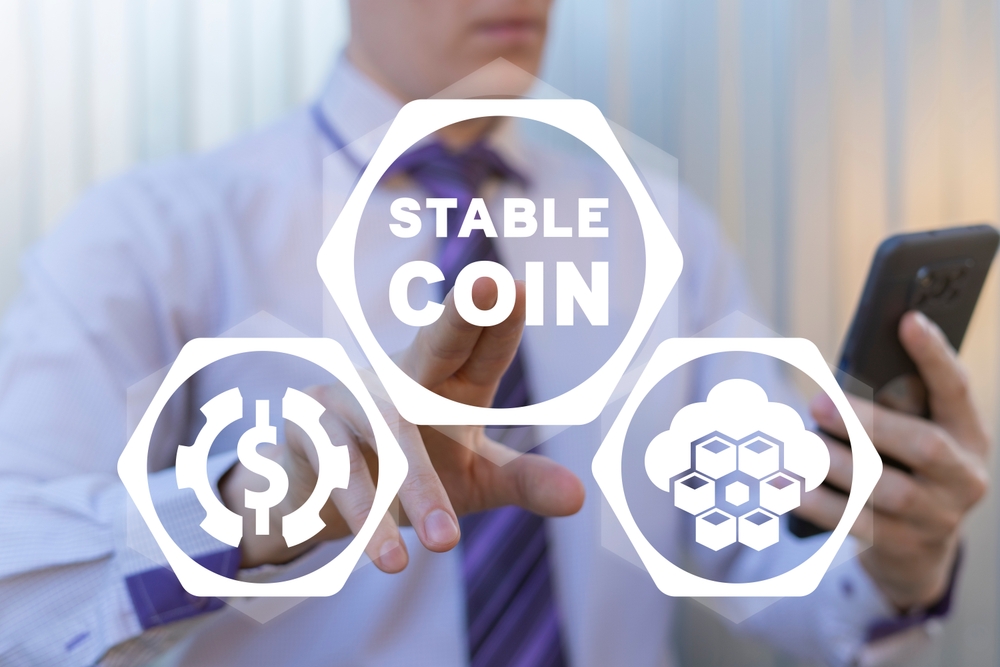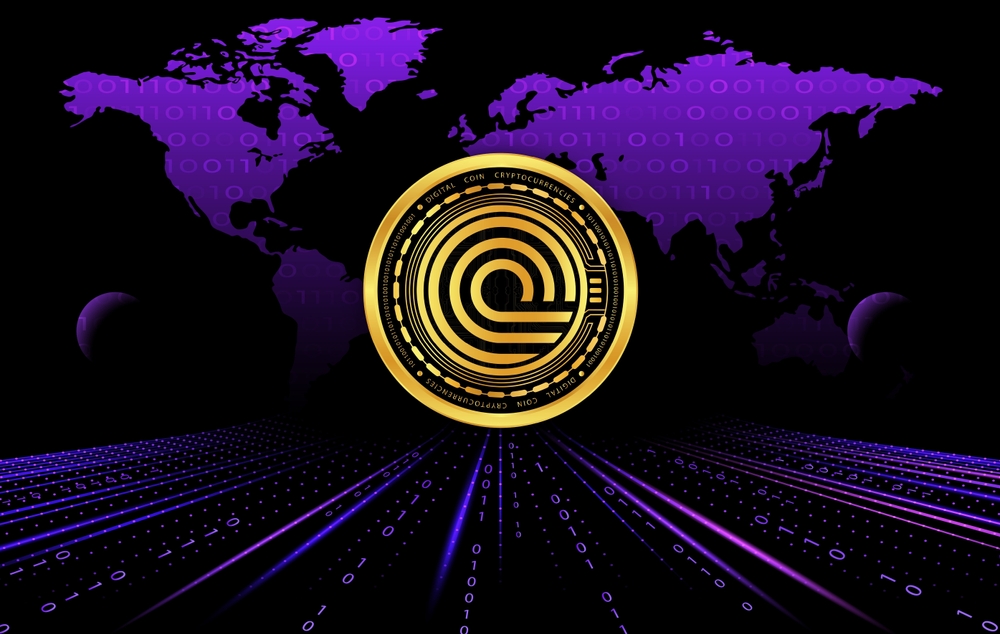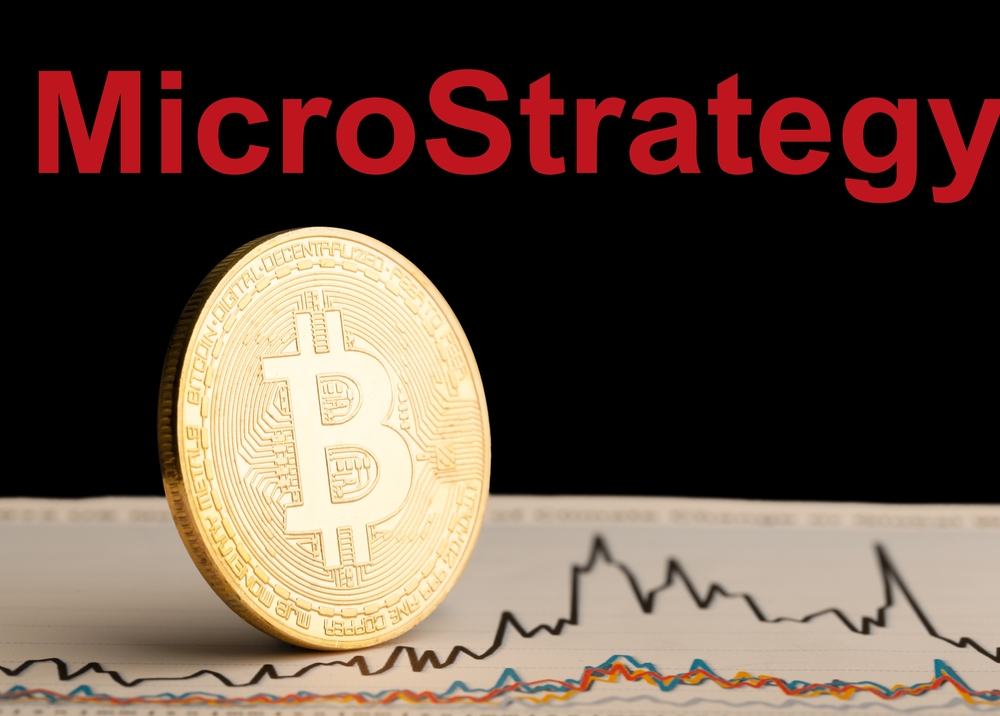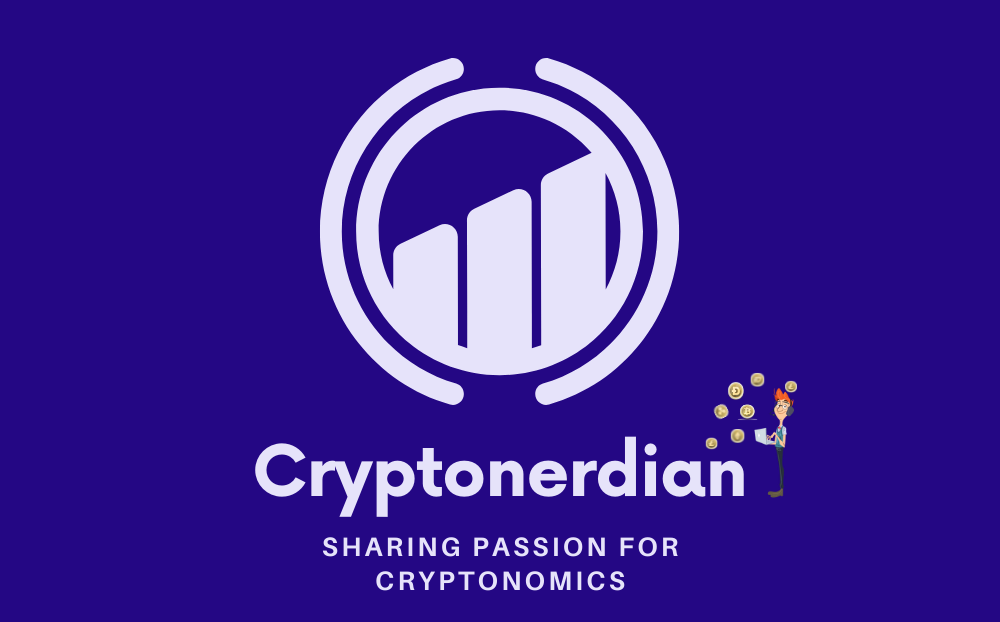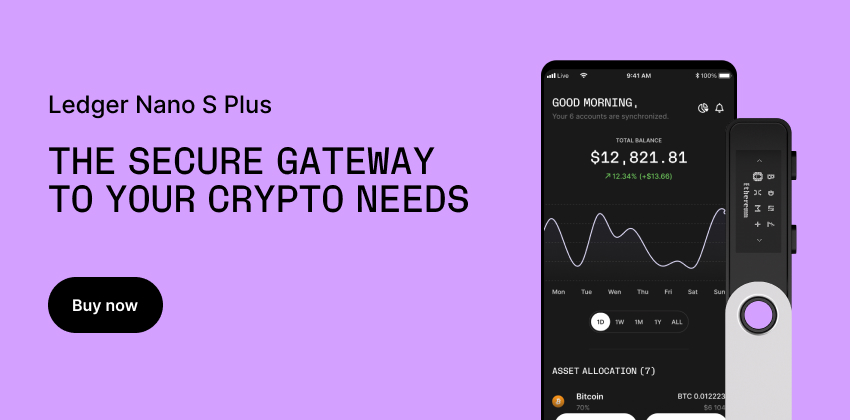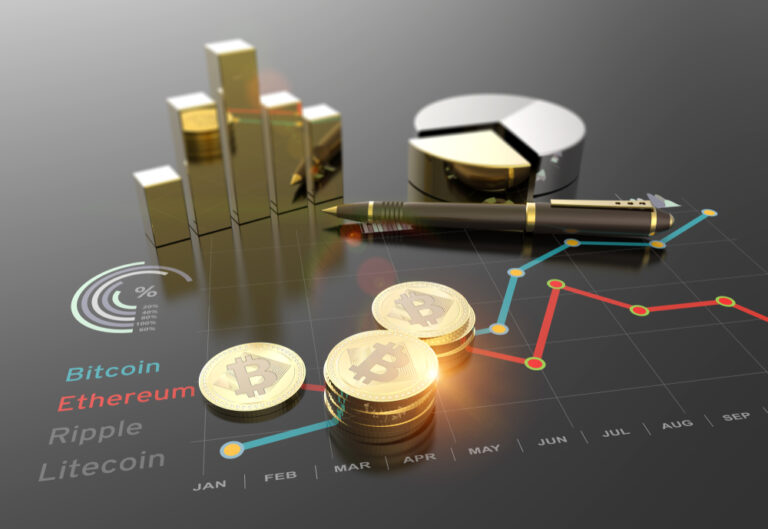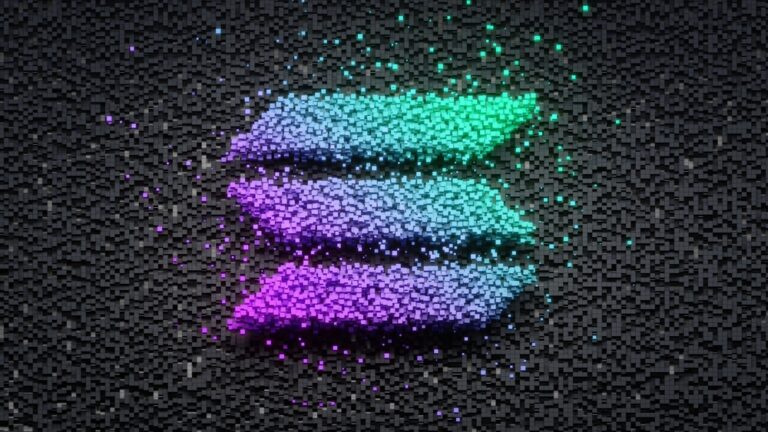The Ethereum blockchain continues to evolve, and the introduction of the Dencun update represents a significant milestone for its development. As updates go, Dencun aims to address various network scalability and efficiency issues, ensuring that Ethereum maintains its position as a leader in the blockchain space. Improvements under this update target the core challenges faced by Ethereum, particularly those related to transaction speed, costs, and overall blockchain bloat.

Developers and users of the Ethereum network anticipate that such updates will enhance the functionality of decentralized applications (DApps) running on the blockchain. This dedication to continuous improvement reflects the commitment of the Ethereum community to provide a robust platform that fosters innovation and growth. These advancements are pivotal for keeping the network competitive amidst rapidly advancing blockchain technologies and for ensuring the security and sustainability of Ethereum as an infrastructure for a decentralized future.
Table of Contents
ToggleKey Takeaways
- The Dencun update is a critical development in Ethereum’s ongoing evolution, focusing on scalability and efficiency.
- Enhancements from the update are expected to significantly improve user and developer experience on the Ethereum network.
- Dencun’s implementation plays a vital role in fortifying Ethereum’s infrastructure amidst the competitive landscape of blockchain technology.
Dencun Update Overview

The Dencun update represents a significant stride in Ethereum’s ongoing evolution, aiming to enhance scalability and efficiency through a series of technical upgrades.
Dencun Upgrade
The Dencun upgrade is envisioned as a holistic enhancement to the Ethereum network that addresses key scalability issues. It is considered by many developers as a stepping stone towards a more efficient, scalable blockchain. This hard fork might incorporate various Ethereum Improvement Proposals (EIPs) that are designed to work in concert.
Danksharding
Under the Danksharding proposal—a term coined by combining ‘Dankrad Feist’, an Ethereum researcher, with ‘sharding’—Ethereum aims to dramatically scale data availability. Sharding is a technique that breaks the database into smaller pieces, or “shards”, intended to spread the load and increase throughput. Proto-danksharding, as an initial phase, paves the way for full danksharding in subsequent upgrades.
Ethereum Improvement Proposals
Three pivotal Ethereum Improvement Proposals garner attention in the context of the Dencun update. EIP-4844 introduces ‘blob-carrying’ capacity for easier transaction facilitation, EIP-1153 allows for transient storage in Ethereum, and EIP-4788 proposes a cap on the gas refund amount. Together, they seek to address inefficiencies and enhance the performance of the Ethereum blockchain.
Cancun-Deneb and Holesky Testnet
The Cancun-Deneb and Holesky Testnet are crucial milestones for the Dencun update deployment, providing testing grounds for developers to fine-tune the upgrade in a controlled environment. These testnets allow Ethereum developers to identify and rectify potential issues before the Dencun update is launched on the Ethereum mainnet, ensuring a smooth transition.
In summary, the Dencun update is part of Ethereum’s progressive steps toward a more scalable blockchain, with key features including sharding, proposing vital EIPs, and leveraging testnets to refine the hard fork process.
Technical Advancements

The Dencun update introduces significant improvements to the Ethereum blockchain, focusing on optimizing transaction speed, enhancing data storage capabilities, bolstering security measures, and supporting expansive smart contract functionality.
Sharding Mechanism
Sharding is a pivotal enhancement poised to upscale Ethereum’s capacity to process transactions. By segmenting the blockchain into smaller, more manageable pieces called shards, each shard processes its own set of transactions and smart contracts, thus multiplying the overall throughput of the network.
- Ethereum Virtual Machine (EVM) Scaling: Substantial improvements in processing efficiency within individual shards.
- Consensus Layer: Sharding integrates with the consensus layer, ensuring network integrity and trustless transaction validation across shards.
Data Storage Innovations
The introduction of blobs represents a transformative stride in Ethereum’s data storage strategy. Blobs are sections of extra-large datasets that are effectively managed by the network, allowing Ethereum to store large volumes of information more efficiently.
- Data Storage and Retrieval: Improved systems for data indexing and retrieval facilitate quicker interactions with stored information.
- Execution Layer Optimization: The execution layer of Ethereum benefits from the enhanced data throughput capabilities afforded by these storage innovations.
Layer 2 Rollups Integration
Layer 2 rollups offer a suite of solutions for off-chain computation, providing a seamless experience for users engaging with the Ethereum network.
- Off-Chain Computation: Complex operations are handled off the main chain, significantly reducing congestion and gas costs.
- Lean Execution: By aggregating transaction results and committing them to the blockchain as a single data point, rollups enhance the execution layer while preserving the decentralized ethos of Ethereum.
Security Enhancements
Security underpins every technological advance within the Dencun update. New protocols have been implemented to safeguard transactions and smart contracts against vulnerabilities.
- Robust Smart Contract Audits: Enhanced security routines to guarantee the integrity of smart contracts.
- EVM and Protocol Safety: The update strengthens the Ethereum Virtual Machine, making it more resilient to external threats while preserving its flexibility and functionality.
Through sharding, optimized data storage, layer 2 integration, and reinforced security measures, the Dencun update aims to drive the Ethereum blockchain towards a more scalable, secure, and user-friendly future.
Impact on Ethereum Ecosystem
The Dencun update promises to significantly refine the Ethereum ecosystem, addressing essential aspects such as scalability, transaction costs, and the overall user experience.
Scalability and Performance
The Ethereum blockchain has struggled with scalability, often finding it challenging to manage a high volume of transactions swiftly. The Dencun update aims to enhance performance by introducing mechanisms that allow for more transactions per second, decreasing the congestion on the network. This leads to faster transaction processing times, boosting the blockchain’s ability to accommodate the growing demand for Ethereum’s capabilities.
Transaction Cost Reduction
One of the most substantial impacts of the Dencun update is on the Ethereum transaction fees, commonly known as gas fees. By optimizing the way data is stored and accessed on the blockchain, the update contributes to a reduction in the cost of transactions. This is particularly beneficial for both developers and users engaging in frequent and complex transactions, thereby promoting more cost-efficient interactions with the Ethereum network.
User Experience Improvement
Improvements in user experience are a direct consequence of enhancements in scalability and cost reduction. With the Dencun update, users can expect smoother and more affordable interactions with the blockchain. This includes quicker confirmation of transactions and a more intuitive handling of transaction data, which collectively work towards making Ethereum not just a technically superior blockchain but also one that’s user-friendly, even for those less familiar with crypto technology.
Testing and Deployment
In preparation for the Dencun update, rigorous testing and deployment strategies are crucial for the Ethereum blockchain. This phase ensures compatibility and stability across the network.
Goerli and Sepolia Testnets
For the Dencun upgrade, the Goerli and Sepolia testnets serve as critical staging areas. Developers deploy the upgrade on these testnets to simulate the mainnet conditions. They are utilized to thoroughly test the changes in a controlled environment that mimics the Ethereum network. Goerli and Sepolia provide the opportunities to detect and rectify any issues, verifying the consensus layer and execution layer integration.
Mainnet Launch Sequences
Once the upgrade completes its testing phase in testnets, the mainnet launch sequence initiates. This intricate process starts with updating the Beacon Chain, ensuring the Shapella functionality integrates seamlessly. Deploying to the mainnet follows strict protocols and sequences to ensure the consensus layer upgrade does not compromise the network. The transition includes phased roll-outs, cross-verifications with the Beacon Chain, and continuous monitoring to maintain network integrity during the Dencun upgrade.
Developer Perspectives
The Dencun update for Ethereum holds significance for developers who are focused on enhancing the capabilities of smart contracts and the efficiency of the network. It represents a stage in Ethereum’s evolution that calls for improved tools and an active engagement with the community to refine and implement changes.
Tools and Resources
Ethereum developers require sophisticated tooling to deploy and manage smart contracts effectively on the network. With the Dencun update, they seek improvements in development frameworks, integrated development environments (IDEs), and resources that provide better support for staking pools and bridges. The availability of a robust test networkis crucial for stress-testing new features proposed in an Ethereum Improvement Proposal (EIP) before they are integrated into the main network.
- Development Frameworks: Streamlined platforms for building and testing DApps.
- IDEs: Enhanced text editors with built-in features tailored for Ethereum coding.
- Test Networks: Simulated environments for real-world experimentation without using actual Ether.
Community Engagement and Feedback
Developers thrive on community input, which shapes the direction and adoption of the updates proposed by EIPs. Platforms such as forums, workshops, and conferences are imperative to propagate knowledge sharing and collaborative problem-solving. They provide a feedback loop for developers working on the Dencun update, ensuring their solutions are viable and aligned with the needs of the wider Ethereum ecosystem.
- Forums and Developer Chats: Real-time discussions for troubleshooting and insight exchange.
- Workshops: Hands-on sessions for developers to learn and apply the latest advancements.
- Conferences: Gatherings for showcasing developments and gathering widespread feedback.
The interplay between developers and the Ethereum community is key to a successful implementation of any update, including Dencun. By focusing on practical tools and maintaining an open dialogue with their peers and users, developers can ensure that the update delivers tangible improvements to the Ethereum blockchain.
Economic and Network Effects
The upcoming update to the Ethereum blockchain is expected to introduce significant changes to the economic landscape and network dynamics, particularly affecting validators, decentralized applications (dapps), and cross-chain operations through bridges.
Validator Staking Dynamics
With the Dencun update, Ethereum is set to alter the staking landscape for validators. They are expected to engage with more robust staking pools as the update might change the staking rewards structure. Validators contribute to network security by staking ETH, and the update could modify eth withdrawals, which currently are locked until further upgrades.
Dapp and Smart Contracts Development
The Ethereum ecosystem is driven by decentralized applications and smart contracts. Updates like Dencun influence developer incentives and user costs, potentially lowering gas fees and improving transaction speed, thus bolstering the development and deployment of dapps. This encourages innovation and more sophisticated smart contracts, enhancing the overall utility and value of the Ethereum network.
Bridges and Cross-Chain Operations
Bridges play a crucial role in extending Ethereum’s functionality, enabling cross-chain operations. Updates can enhance the efficiency and security of these bridges, leading to an increase in their adoption. These improvements further solidify Ethereum’s position as an interoperable and expansive network, where assets and data can seamlessly transfer between different blockchains.
Future Prospects
The upcoming Dencun update signifies a pivotal evolution for Ethereum, emphasizing enhancements that are poised to elevate the network’s performance and capabilities.
Roadmap Updates
The roadmap for Ethereum is being meticulously orchestrated by the protocol support lead, Tim Beiko. It is designed to integrate several Ethereum Improvement Proposals (EIPs) that aim to address the network’s scalability and efficiency. The Ethereum Foundation has made it explicit that upcoming improvements like the Cancun upgrade are expected to bring significant protocol enhancements in the near future. These updates ascertain Ethereum’s commitment to a progressively robust and scalable blockchain infrastructure.
Potential Upgrade Integrations
Two notable EIPs, EIP-6780 and EIP-4844, stand out as potential integrations into the Ethereum network post-Dencun update. EIP-6780 is proposed to introduce an advanced layer of cryptographic techniques, potentially increasing security and privacy. On the other hand, EIP-4844 endeavors to implement a transitional solution for stateless clients before the full deployment of shards, which could significantly optimize data storage and reduce costs for users. These upgrades collectively aim to fortify Ethereum’s position as a frontrunner in the blockchain domain, attesting to the network’s readiness for future developments and its adaptive roadmap.
Frequently Asked Questions
The upcoming Dencun update for the Ethereum Blockchain is an anticipated event that aims to bring several improvements and features to the Ethereum network. Here are some of the most frequently asked questions regarding this significant upgrade.
When is the scheduled release date for the next Ethereum upgrade?
The Ethereum community schedules upgrades, known as hard forks, after consensus is reached. For the latest and precise release dates, individuals should monitor official Ethereum channels.
How will the upcoming Ethereum upgrade impact transaction fees?
Transaction fees are expected to become more predictable with the Dencun upgrade. However, the actual impact on fee structures will depend on network usage and the specifics of the upgrade’s implementation.
Where can I find the implementation details for the latest Ethereum update on GitHub?
For developers and those interested in technical details, the implementation specifics for the Dencun upgrade can be found on the Ethereum GitHub repository.
What enhancements can users expect from the Dencun upgrade?
Users should expect enhancements in security, scalability, and overall efficiency of the Ethereum network with the Dencun upgrade. These enhancements are integral to the network’s evolution.
What potential effects does the Ethereum EIP 4844 upgrade have on network scalability?
The EIP 4844 upgrade, part of the Dencun update, introduces “proto-danksharding” which is designed to significantly improve Ethereum’s scalability and transaction throughput.
Could you explain the key features of the most recent Ethereum upgrade?
The most recent Ethereum upgrade focuses on improving network capacity, decreasing transaction costs through efficiency gains, and preparing the ecosystem for future scalability solutions.



